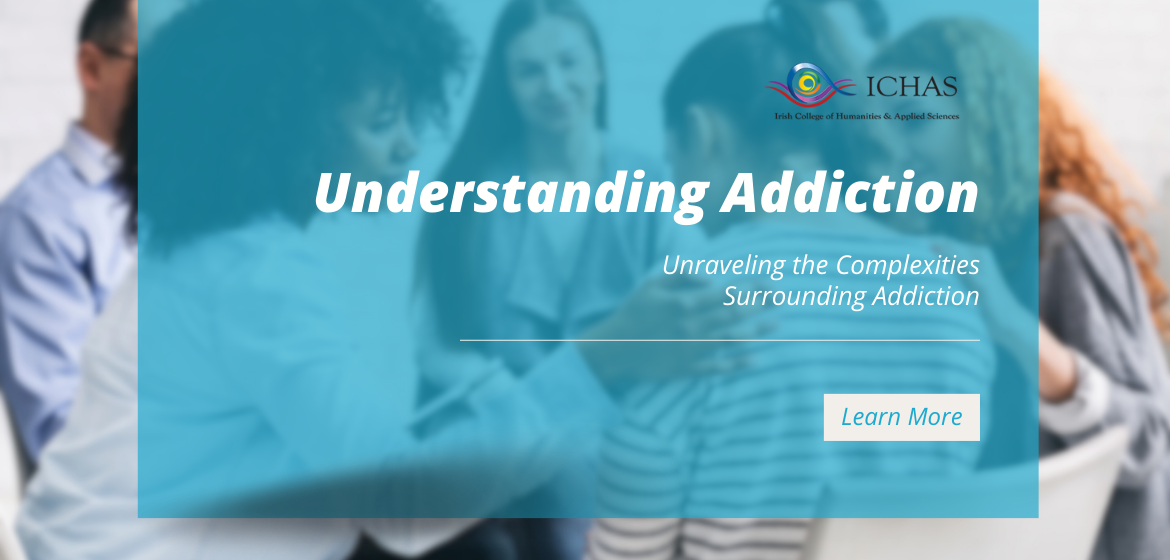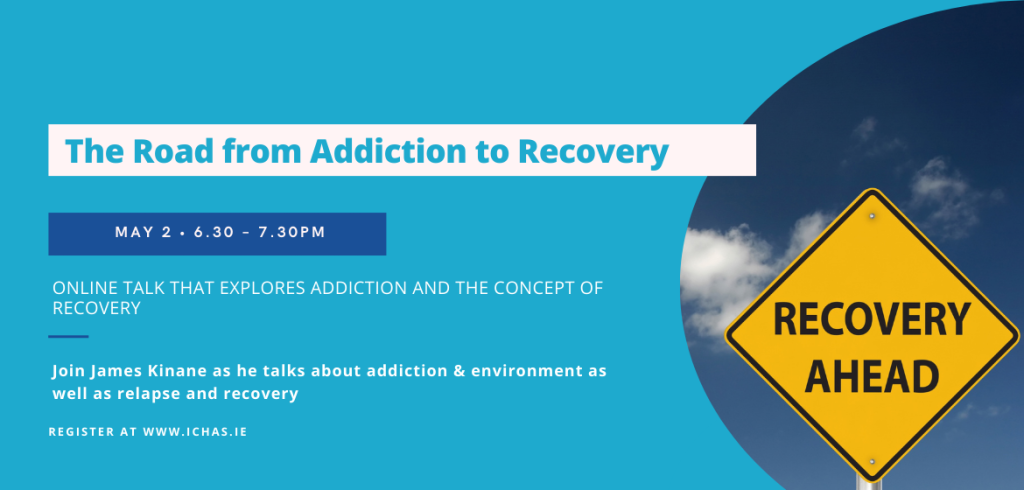
Understanding Addiction: Unravelling the Complexities
Addiction is a multifaceted and often misunderstood phenomenon that affects millions of individuals worldwide. From substance abuse to behavioural compulsions, it can take various forms, leading to devastating consequences for individuals, families, and communities. However, despite its prevalence, there remains a significant gap in understanding addiction, its underlying mechanisms, and effective treatment approaches. In this feature, we delve into the complexities of it, aiming to shed light on this pervasive issue and highlight the importance of education.
The Nature of Addiction
Addiction is not simply a matter of weak willpower or moral failing; rather, it is a complex interplay of biological, psychological, and social factors. At its core, it involves changes in the brain’s reward system, leading to compulsive behaviours despite adverse consequences. Substance addictions, such as those to drugs or alcohol, hijack the brain’s natural reward pathways, leading to tolerance, dependence, and withdrawal symptoms. Similarly, behavioural addictions, such as gambling or gaming, can also rewire the brain, creating powerful cravings and reinforcing compulsive behaviours.
The Stigma Surrounding Addiction
One of the biggest barriers is the stigma associated with it. Despite growing awareness of mental health issues, addiction still carries a significant stigma, leading many individuals to suffer in silence rather than seek help. The misconception that addiction is simply a matter of choice or moral failing can prevent people from accessing the support and treatment they desperately need. Education plays a crucial role in challenging these stigmatising attitudes and promoting empathy and understanding towards those struggling.
The Importance of Education in Addiction Studies
Education is key to understanding addiction comprehensively. By studying addiction, individuals can gain insights into its biological, psychological, and social dimensions, empowering them to develop effective prevention and intervention strategies. Courses that cover a wide range of topics, including the neurobiology of addiction, the impact of trauma and adverse childhood experiences, and evidence-based treatment modalities. Through rigorous academic study and practical training, students learn how to support individuals with addiction, advocate for policy change, and contribute to ongoing research efforts.
Breaking the Cycle: Treatment and Recovery
Effective treatment requires a multifaceted approach that addresses the underlying factors contributing to the disorder. From detoxification and medical management to therapy and support groups, there are various interventions available to help individuals break free from this cycle. However, recovery is not a linear process, and relapse is often a part of the journey. Education equips professionals with the knowledge and skills to provide compassionate and evidence-based care, supporting individuals through every stage of the recovery process.

Raising Awareness and Promoting Change
Beyond the realm of academia, education has the power to drive social change and policy reform. By raising awareness of the complexities and advocating for evidence-based approaches to prevention and treatment, educators and professionals in the field can help dismantle the stigma surrounding it and promote a more compassionate and supportive society. Through community outreach, public education campaigns, and legislative advocacy, those with a background in addiction studies can make a tangible impact on the lives of individuals and families affected by addiction.
Conclusion: Empowering Change Through Education
In conclusion, addiction is a complex and pervasive issue that requires a multifaceted approach to understanding and addressing it. Education plays a vital role in empowering individuals to challenge stigma, support those struggling with addiction, and advocate for meaningful change. By fostering a deeper understanding of the biological, psychological, and social aspects, we can work towards building a more compassionate and inclusive society where everyone has the opportunity to heal and thrive.
If you’re interested in delving deeper into the field of addiction studies, we have a range of courses on offer. We are also hosting a talk on May 2nd if you’re interested in attending.

























